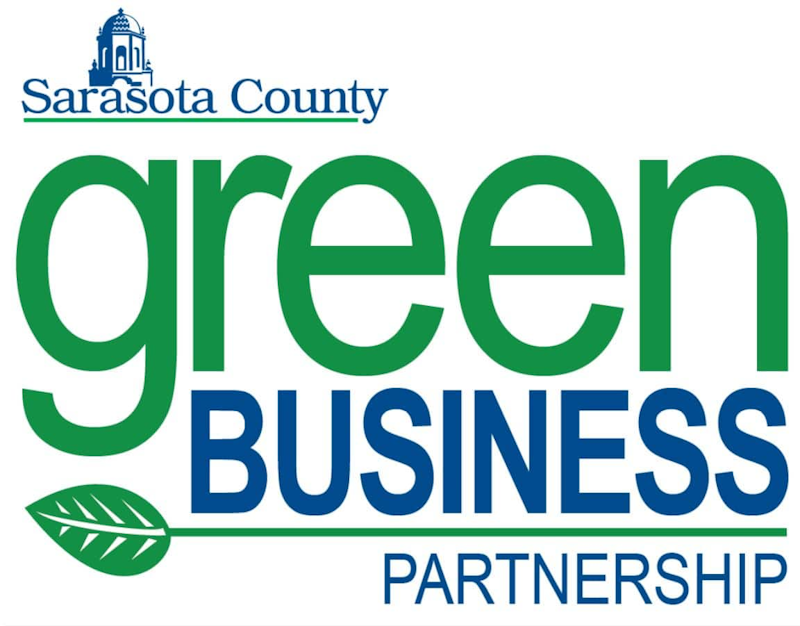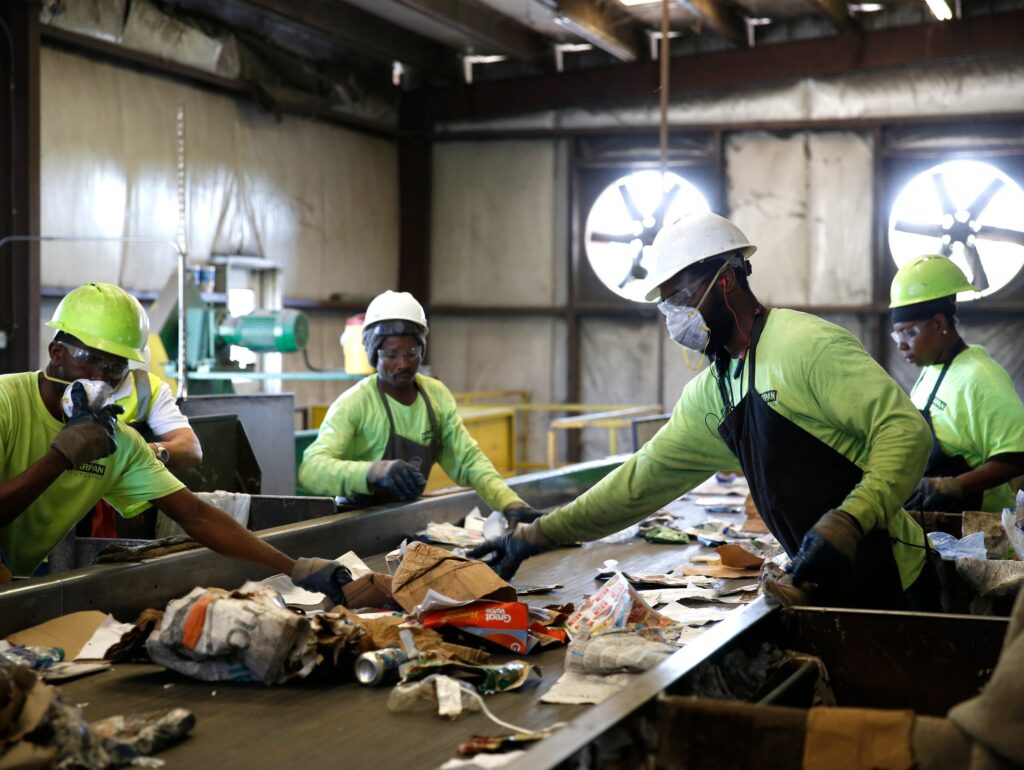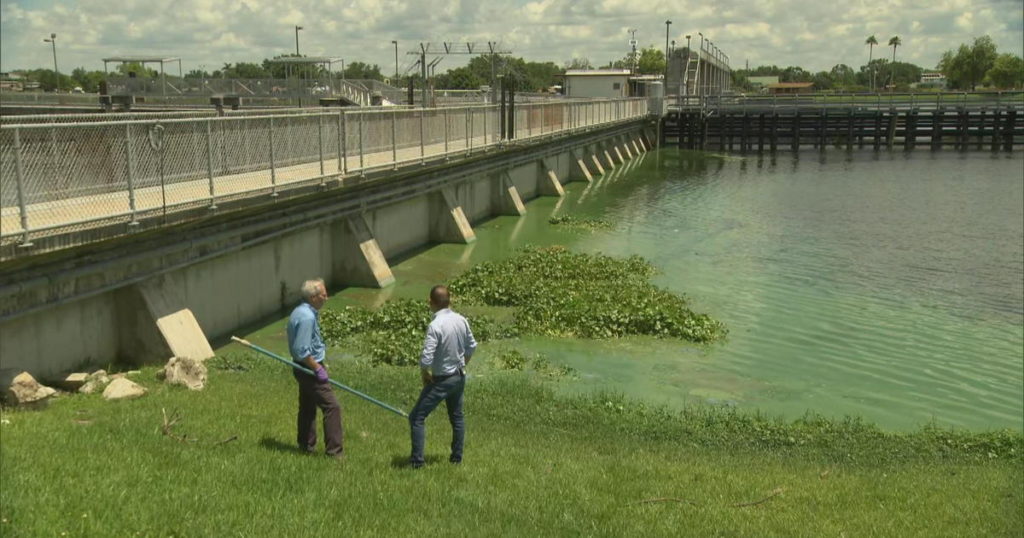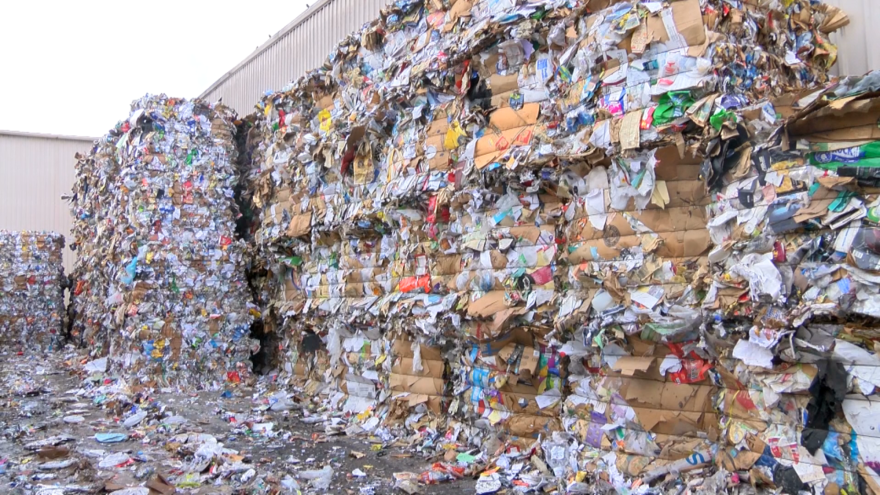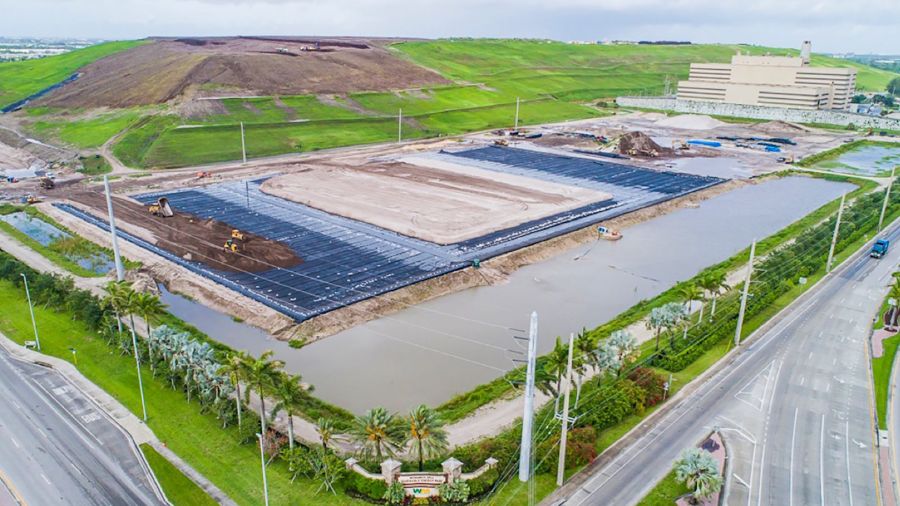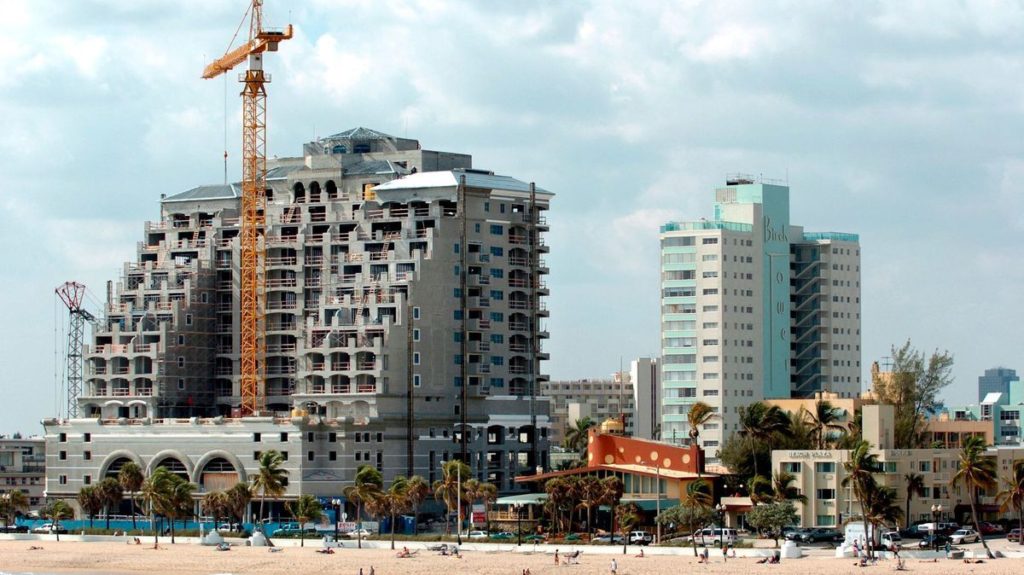
Florida, Recycling and Its Efforts Against Pollution
Coming from a country where every piece of paper has been recycled for ages and where plastic bags and bottles have been banned, you have reason to be astounded by the willful ignorance of a majority of Floridians when it comes to environmental problems. You can also imagine that this outrageousness applies to all types of pollution!
The state was to receive $320 million in federal funding, the third largest amount of all 52 states, to help reduce CO2 emissions throughout Florida. But just before Christmas, Florida Department of Transportation (FDOT) Secretary Jared Perdue wrote in a letter to the U.S. Department of Transportation (DOT) that the carbon-reduction program was just an extension of the continued politicization of our roads, echoing statements made by Governor Ron DeSantis, who has called climate change the politicization of weather. All mention of the program and the $320 million have since been removed from FDOT’s website.
Florida is the only state to refuse its share of the $6.4 billion that was voted in for the program, which was introduced in 2021 to address road infrastructure and climate-related carbon emissions. While the message may seem daunting to investors and visitors, there is hope, because not everyone is fooled!
Take Hollywood, for example, which is raising building standards and thinking about the future of the environment. Also consider the Brightline rapid transit service, which connects cities in Southeast Florida to Orlando and offers cleaner travel solutions. Let’s continue to be responsible and encourage the protection of the environment that belongs to everyone. The more we defend it, the fewer pits the unbelievers will find to bury themselves in!
What Florida governor Ron DeSantis is doing about sustainability and waste management
As Governor of Florida, Ron DeSantis has taken several steps to address sustainability and waste management, reflecting a growing recognition of environmental issues in the Sunshine State. His administration has aimed to balance economic growth with environmental stewardship, focusing on policies that promote sustainability and efficient waste management.
Environmental Funding and Initiatives
DeSantis has significantly increased funding for environmental protection and conservation efforts. Early in his tenure, he committed to investing $2.5 billion over four years for the restoration of the Everglades and the protection of water resources. This funding supports various projects aimed at reducing pollution, improving water quality, and restoring natural habitats.
Blue-Green Algae Task Force
One of the notable actions taken by Governor DeSantis is the establishment of the Blue-Green Algae Task Force. This initiative focuses on combating harmful algal blooms that have plagued Florida’s waterways. The task force works on identifying and implementing measures to reduce nutrient pollution, a key contributor to these blooms, by promoting better waste management practices among agricultural and urban sources.
Waste Management Policies
On the waste management front, DeSantis has supported initiatives to modernize Florida’s recycling programs. His administration has worked with local governments to improve recycling rates, reduce contamination in recycling streams and improve dumpster rental services. This includes public education campaigns aimed at informing residents about proper recycling practices and the importance of waste reduction.
Renewable Energy and Emission Reduction
Governor DeSantis has also shown support for renewable energy initiatives. While Florida has traditionally lagged in solar energy adoption, his administration has encouraged the expansion of solar energy projects and other renewable energy sources to reduce the state’s carbon footprint. Additionally, DeSantis has backed policies aimed at reducing greenhouse gas emissions and enhancing energy efficiency.
Resilience and Climate Adaptation
Recognizing the threats posed by climate change, DeSantis created the Office of Resilience and Coastal Protection. This office is tasked with developing strategies to protect Florida’s coastlines and communities from the impacts of rising sea levels and extreme weather events. The administration has also promoted the use of sustainable building practices and infrastructure improvements to enhance the state’s resilience.
Governor Ron DeSantis has taken a multifaceted approach to sustainability and waste management in Florida. Through increased funding, task forces, and policy initiatives, his administration aims to protect the state’s natural resources, reduce pollution, and promote sustainable growth.

